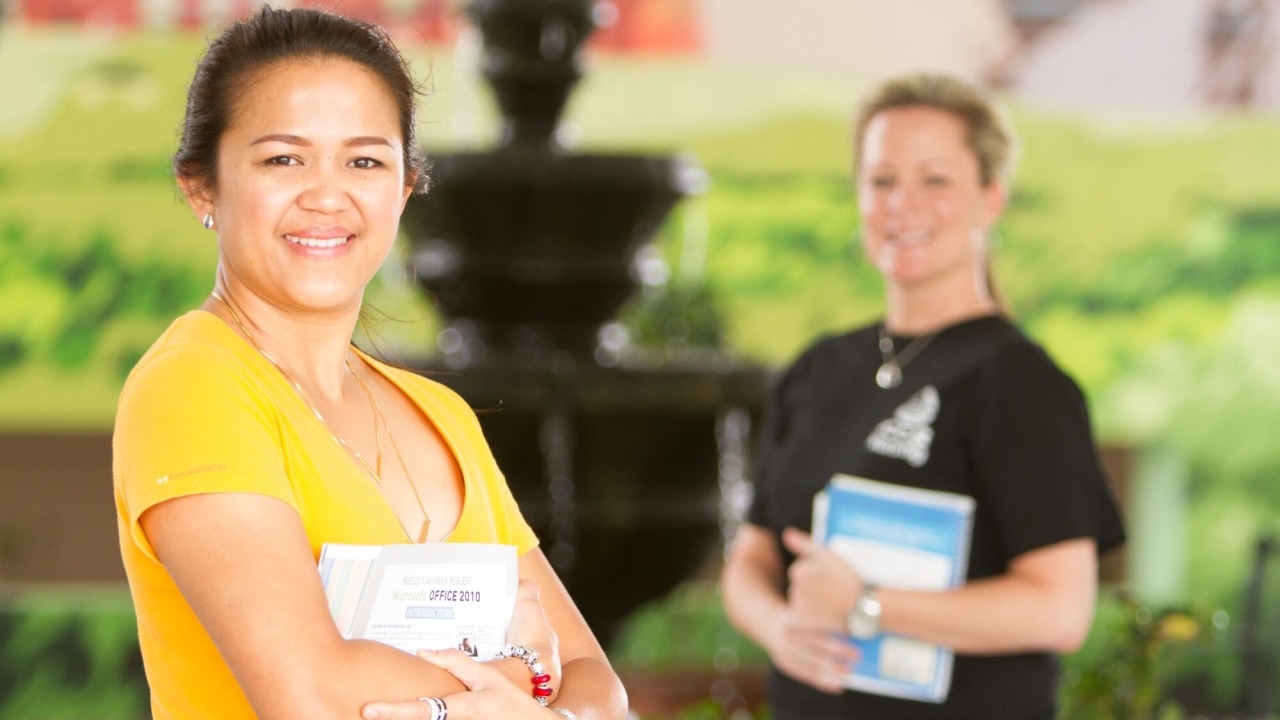

A Zero Textbook Cost (ZTC) course is a course that requires no textbook cost for students. HCC is partnering with the Florida Virtual Campus (FLVC) on a statewide initiative to identify ZTC courses. For more information, see the Florida’s Zero Textbook Cost Course Indicator Overview.
HCC Zero Textbook Cost courses can be found when you search for classes by using the filter, “Textbooks: Zero Textbook Cost.” Once you are in a ZTC course, you will see a box next to the course title. The box contains the words “Zero Textbook Cost.” If you hover over this box, “This course has a zero cost textbook” is displayed.
HCC Zero Textbook Cost Savings
Since its launch in 2022, HCC's Zero Textbook Cost (ZTC) initiative has saved students approximately $7,518,665. Furthermore, courses under the ZTC program have shown a 5% reduction in the rates of D, F, or W grades compared to traditional courses. Currently, over 20% of course sections at HCC are designated as ZTC.
HCC is a state leader in the number of ZTC sections uploaded to the FLVC Florida Shines website. We are also the first in the state to implement a student facing ZTC filter.
The Impact of Textbook Costs on Students
The Student Testimonials: The Impact of Textbook Costs on Our Lives video reflects a growing national concern—students are enrolling in fewer classes and facing difficult choices between purchasing essentials and their educational materials. One student stated, "The benefits are straightforward. It gives everyone an equal chance at succeeding in the course since you don’t have to worry about how you are going to pay for the required materials."
Ensuring that every student has access to high-quality, affordable education is a priority. A survey found that 87% of student respondents believed zero-cost resources were of the same quality as traditional textbooks. Students also noted that instructors were more engaged, the course materials were more up-to-date, and the content aligned better with in-class instruction. One student shared, "Because of this class, I feel the professor has a better relationship with students. By making sure everything is up to date and having full control over our learning, it is easier to understand."
HCC’s ZTC Standard Course projects are designed with 100% accessibility in mind, ensuring all students can access their materials from day one. Gone are the days when dual enrollment students had to wait for textbooks. With most ZTC courses providing immediate and permanent access to educational materials, faculty can focus more on teaching, knowing their students have what they need to succeed from the start.
Providing each student with high quality affordable access to education is our goal. Eighty-seven percent of student respondents surveyed indicated that zero-cost resources in their class were of the same quality as a traditional textbook. The students surveyed also stated that the instructor was more engaged, and the info was more up to date - because the instructor was so connected with the text. They said that they appreciate the professor more and the content aligns better with in class material and is a lot more comprehensive. Finally, they stated that “because of this class I feel the professor has a better relationship with students by making sure everything is up to date, and by the professor having full control of our learning it is easier to understand.”
OER Creation
HCC is proud to offer HCC Pressbooks—the only self-hosted Pressbooks system in Florida. For years, we have collaborated with faculty to empower them with complete control over their content by creating open educational resources (OER) textbooks. In 2025, we launched our groundbreaking AI OER Creation Program, which equips faculty with advanced AI tools to merge their subject matter expertise with innovative technology, enabling the rapid production of open textbooks in under six months. This program positions HCC as a national leader in OER innovation.
